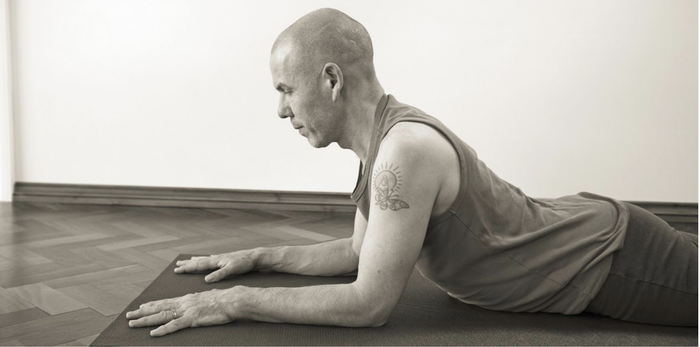Many of us live fast paced and busy lives, surrounded by a lot of noise, movement and constant stimulus.
We are constantly catching up with challenges we face at work, in our private lives, pressure we put on ourselves, expectations and ambitions. This can be exciting, and it can also be stressful, tiring and emotionally draining.
Often our bodies are doing one thing, and our minds are somewhere completely different, thinking about the past or worrying about the future. This is life on autopilot. We're doing what we're used to, but we're disconnected from our body, and we're not present to feel our experience at all. It’s a distracted state of mind, with attention constantly flicking from one thing to the next.
Harvard scientists have found that on average we spend 47% of our time thinking about something other than what we’re doing. They found that this makes us unhappier, while engaging with the present supports happiness. And this is mindfulness.
Mindfulness means that we’re present with and interested in the mind. And we start by simply giving attention: to the present moment, to life as it unfolds – taking in what we see, hear, taste, smell or touch. We don’t need to be able to focus really well or concentrate hard – this is an inclusive, open awareness. And it takes place right here - not in the future or the past. We let go of judging ourselves and cultivate an attitude of natural curiosity and an inclination towards kindness.
Essentially, mindfulness is a skill that keeps our minds healthy, just like exercise helps to take care of the body. It helps us to better navigate the inevitable ups and downs of life. There’s an ever-growing body of empirical evidence showing that mindfulness helps us to make better choices in life - we are able to act from a wider perspective and understanding. Then we can be more productive, focused and creative, and respond to challenging situations with more resilience.
A lot of peer reviewed clinical trials have been carried out over the last few decades and mindfulness has been found to alleviate a variety of medical conditions incl. asthma, cardiovascular disease, type II diabetes, PMS, chronic pain, and improves psychological health incl. depression and anxiety.
With mindfulness we develop self-reflective awareness to see the patterns that are present in our thinking and the habits that are present in our interactions with other people, so that we can get a clearer view on how our mind influences all aspects of our life. Then we’re on the pathway to live with less stress and anxiety, and more clarity, appreciation and contentment.



